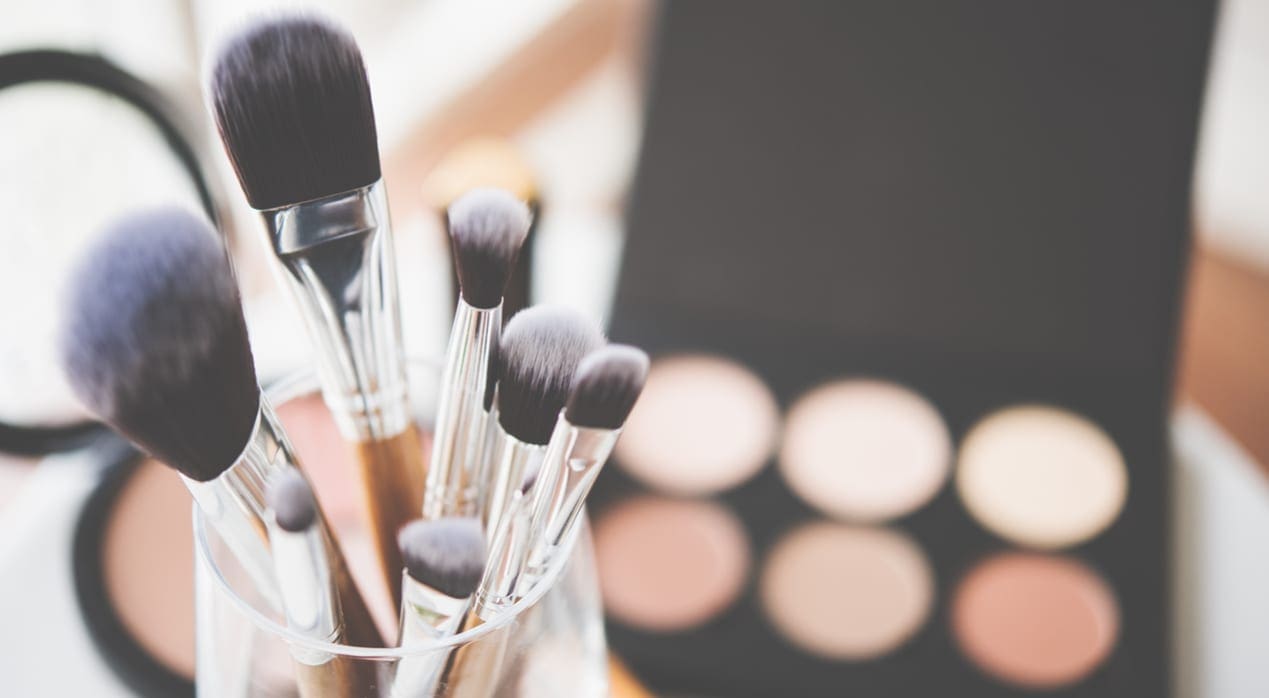There are very few regulations on cosmetics, and there’s no law saying that most cosmetic products need FDA approval. And if you think that means no one is checking cosmetics to make sure they’re safe, in some ways you’re right. Make sure the cosmetics you’re buying are safe by avoiding ingredients that can be dangerous.
What’s Not Regulated?
The umbrella of cosmetics, by legal definition, is pretty big. They’re anything “rubbed, sprinkled, or sprayed on, introduced into, or otherwise applied to the human body…for cleansing, beautifying, promoting attractiveness, or altering the appearance,” in the words of the FDA. This includes perfume, moisturizer, lipstick, nail polish, face and eye makeup, shampoo, hair color, deodorant and anything else that will fit the definition.
What Gets Checked?
Supplements and items used for therapeutic purposes fall more under the heading of “drugs,” so these products are regulated.
Some safety nets are in place thanks to the interstate commerce law, so companies that ship across state lines do have to follow some rules. Under these regulations, cosmetics cannot be misbranded or misleading to consumers in any way. Cosmetics also cannot contain poisonous materials or be packaged in unsanitary conditions. Still, that does leave a lot of room for error.
Should You Be Concerned?
It is a little scary to think about. Anyone can technically mix up a batch of makeup or moisturizer and start selling it, online or elsewhere, without filing paperwork or gaining approval from anyone. Manufacturers aren’t even required to list their ingredients, and may avoid doing so for fear of exposing trade secrets — or something more sinister, perhaps?
Until consumers complain about a specific product or brand, the FDA won’t investigate a certain cosmetic or a cosmetics maker. The FDA opened an investigation against Wen Hair Care in 2014. When the investigation was opened, they had already received over 21,000 complaints from consumers saying the products caused them to lose hair.
Hundreds, even thousands, of complaints are registered against cosmetics companies every year with the FDA. And while that’s a small number of people compared to how many people actually use cosmetics on a daily basis, it’s still a bit frightening.
Avoiding Danger
Cosmetics have been historically dangerous. Women in Elizabethan England used toxic hair dye to give their locks a reddish color, and lead was once a common ingredient in cosmetics. Modern cosmetics have grown much safer than this, but there are still potential dangers out there. If you like to experiment with different cosmetic products or you’re thinking of buying something new, take a little extra time to make a safer purchase.
Know what you’re buying, and from whom. Go online and find out what consumers are saying about a product or company. Look at ingredients and check labels, and avoid cosmetics ingredients that can potentially cause allergic reactions or other problems.
Sodium lauryl sulfate, found in cleaning washes and toothpastes, can cause skin irritation. BHA, found in perfumes, may be a carcinogen. Parabens, polyethylene and petroleum distillates are all potentially carcinogenic. Oxybenzone is particularly scary. This sunscreen ingredient has an effect on hormone levels and may cause endometriosis. Many ingredients in nail products can contain toxins linked to birth defects, so pregnant women may want to avoid them altogether.
There’s an old saying that beauty is pain, but there’s no saying that it has to be unsafe.







